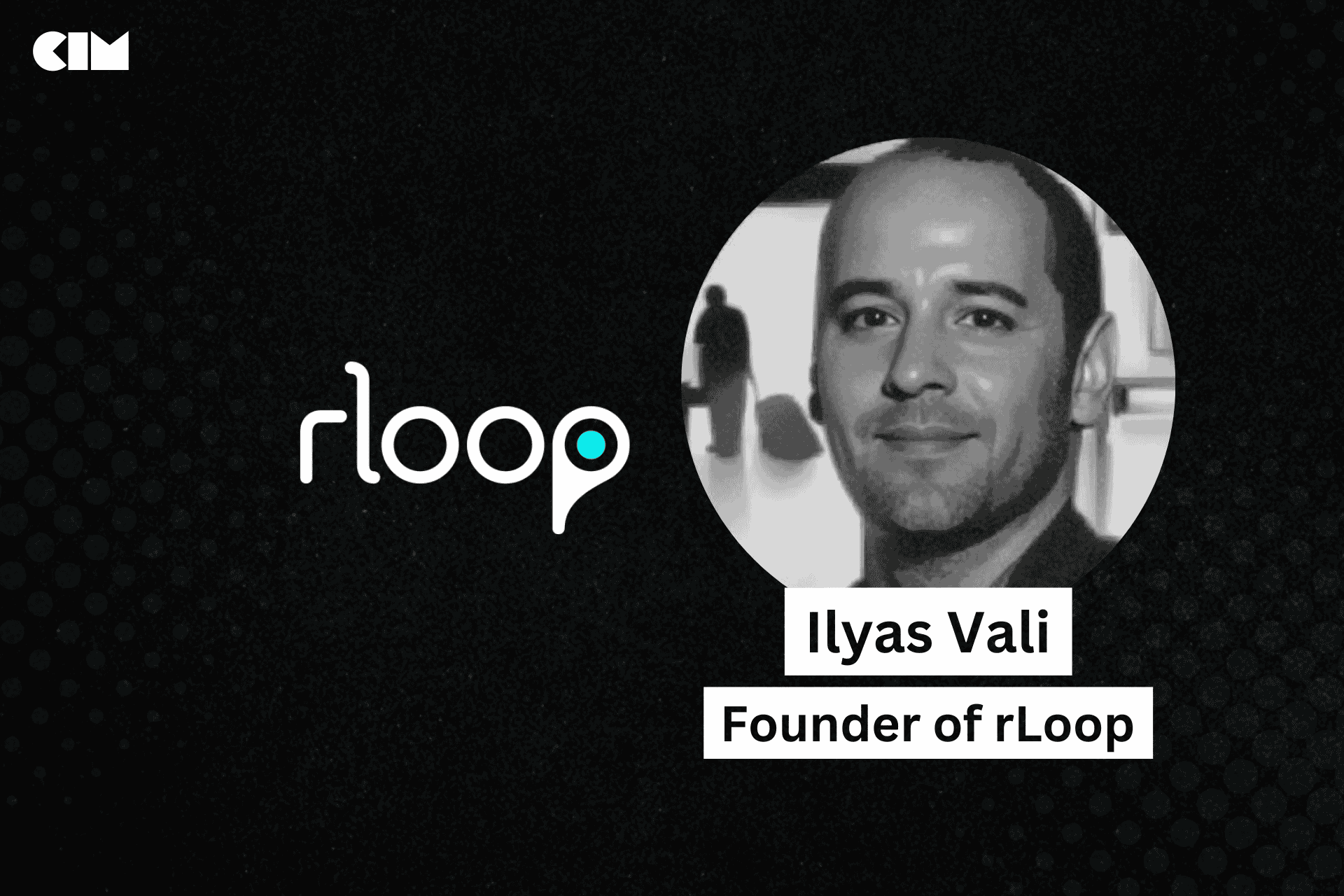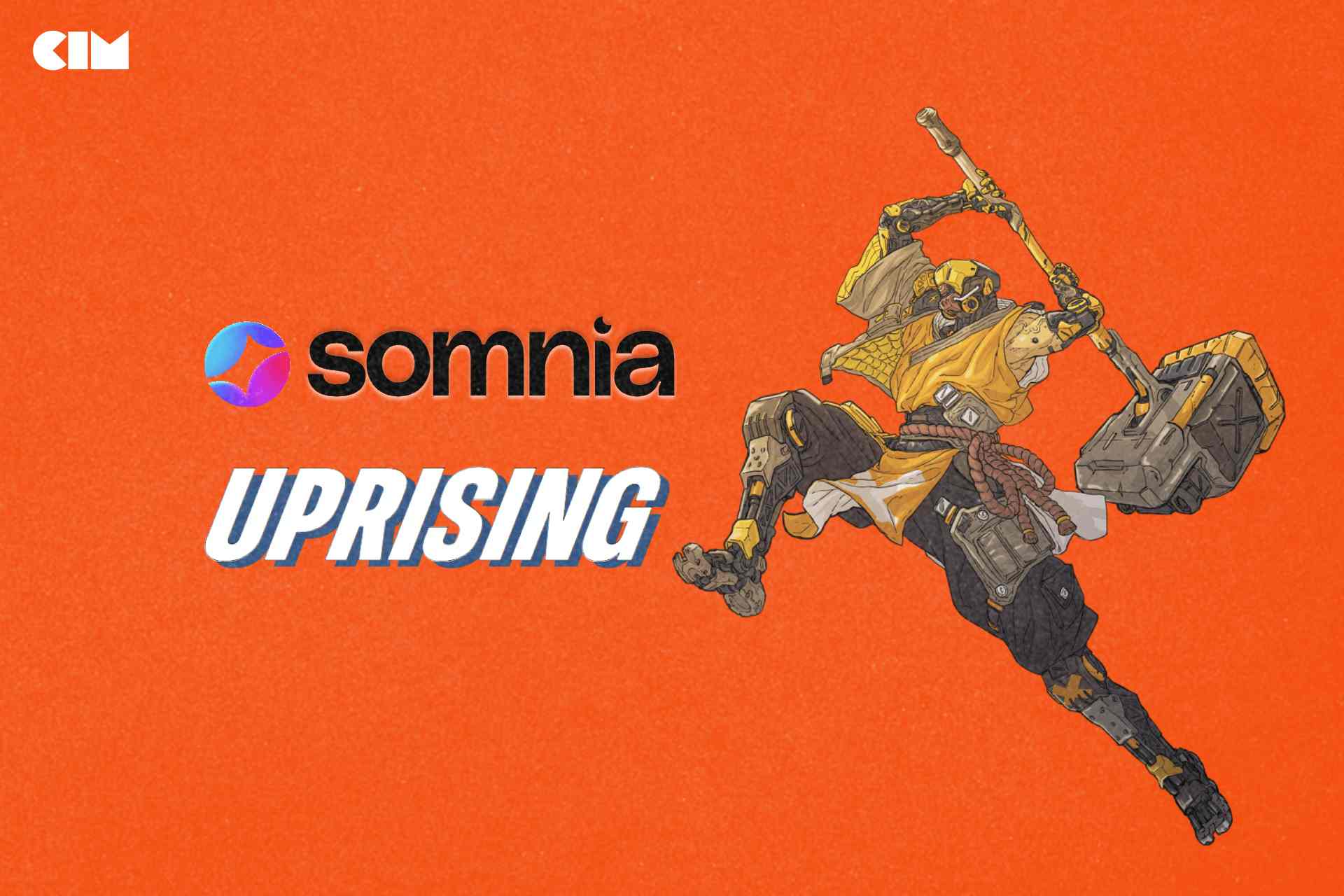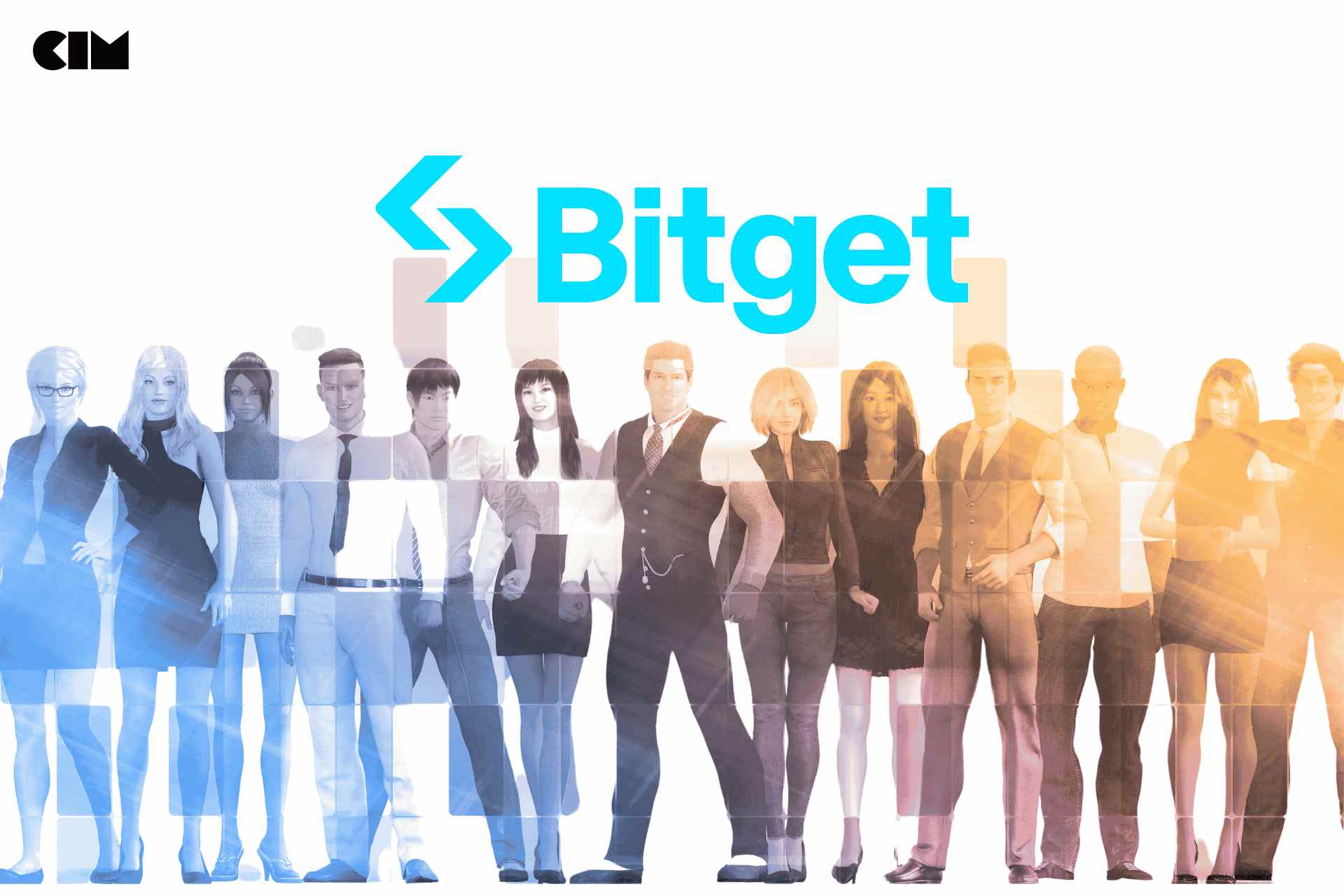The way artificial intelligence (AI) has advanced in the last couple of years is simply astounding. In 2019, OpenAI was still teaching its ML agents the nuances of hide-and-seek, and researchers were exploring the possibilities of AI-generated music and beatboxing. Fast forward to 2024, and we’re witnessing the rise of humanoid robots like Tesla’s Optimus, capable of performing a wide range of human tasks.
In fact, according to a report, the global AI market is expected to grow at a CAGR of 36.6% from 2024 to 2030 reaching a remarkable figure of $1.81 trillion.
Now, GPUs – the powerful processors that are the backbone of AI development, have become as precious as gold in today’s tech landscape because of the global GPU shortage. Even though this situation is not unusual in the tech industry, the recent GPU shortage has been particularly severe and prolonged.
And this squeeze on resources is particularly felt in the emerging spaces or intersection of AI with blockchain and decentralized physical infrastructure (DePIN), where innovation often comes from smaller teams and independent developers.
A Growing Need for Affordable Computing Power
GPU shortage is a problem, but it’s not the only one. While major tech giants can afford to deploy thousands of GPUs for their AI initiatives, the reality is starkly different for independent developers and research teams. It’s creating what industry experts call a “computational divide” – where groundbreaking ideas are held back not by their potential, but by access to essential resources.
According to a report, training advanced AI models like GPT-3 and its successor, GPT-4, is incredibly expensive. It’s estimated that training GPT-3 costs between $500,000 and $4.6 million, while GPT-4’s training costs could have reached a staggering $50 million.
These big AI models use about 100 times more computing power than typical AI models. In fact, reports suggest that if AI models keep getting bigger at the current rate, some predict that by 2037, the cost to train them could be more than the entire U.S. economy produces in a year.
This financial barrier is particularly daunting for teams working on critical challenges at the intersection of environmental and technological innovation – from climate change solutions to energy efficiency projects, from water conservation to waste management systems.
The traditional solution of relying on major cloud service providers isn’t cutting it anymore. While Amazon AWS and Google Cloud dominate the market, their pricing structures often make sustained AI development financially unfeasible for smaller teams.
What’s more concerning is the environmental impact. Data centers already consume about 1% of global electricity demand. Without a more efficient way to share and utilize existing GPU resources, we’re not just facing an accessibility crisis – we’re contributing to an environmental one.
The market clearly needs an alternative – a system that could democratize access to computational power while ensuring fair compensation for resource providers.
Democratizing Innovation Through Decentralized Solutions
Amid these mounting challenges, Reddit-born organization rLoop is pioneering a different approach to technological resource sharing. rLoop DAO, a community-governed organization, believes the solution lies in decentralization.
“rLoop DAO is dedicated to accelerating the research, development, and adoption of new technologies that address the environmental and natural resource challenges of climate change, energy, water, food and waste,” explains Ilyas Vali, Founder of rLoop.
Their track record speaks volumes. From creating a leading Hyperloop prototype tested at SpaceX in California to developing rFlight – a Boeing-sponsored project aimed at making personal flight a reality – rLoop has consistently pushed the boundaries of technological innovation. But their latest venture might be their most impactful yet.
“As part of our ongoing commitment to innovation, our latest project is the rLoop GPU Marketplace on the Avalanche C-Chain,” Vali states. “This marketplace directly addresses the increasing need for affordable computational power in AI development by providing a decentralized solution for GPU resource sharing.”
The concept is elegantly simple yet revolutionary. The marketplace connects GPU owners with those who need computing power, creating a win-win situation. GPU owners can monetize their unused hardware, while developers and researchers gain access to affordable computational resources. Built on Avalanche’s C-Chain, the platform ensures fast transactions and low fees, making it practical for daily use.
Beyond just a marketplace, rLoop DAO represents a new model of innovation funding and support. Through NFTs, users can invest in early-stage innovation and research projects, creating a self-sustaining ecosystem that nurtures technological advancement. Their successful launch of the rLoop token on Avax further strengthens this ecosystem, adding another layer of utility and value for community members.
Paving the Way for Accessible Innovation
As the demand for computational power continues to surge, rLoop DAO’s approach to democratizing GPU access could serve as a blueprint for solving similar resource challenges across the tech industry.
“We aim to expand our platform to additional blockchain networks and continuously improve our services,” Vali shares, emphasizing their commitment to growth. “Our long-term goals include fostering innovation in AI development and further establishing ourselves as a key player in the decentralized computing space.”
What sets rLoop DAO apart is its holistic mission. While their GPU marketplace addresses immediate computational needs, they’re focused on supporting and financing early-stage innovation projects as an open, self-governing collective. By bridging the gap between resource owners and innovators, they’re ensuring that the next big technological breakthrough won’t be limited by access to computing power, but only by the boundaries of human imagination.



